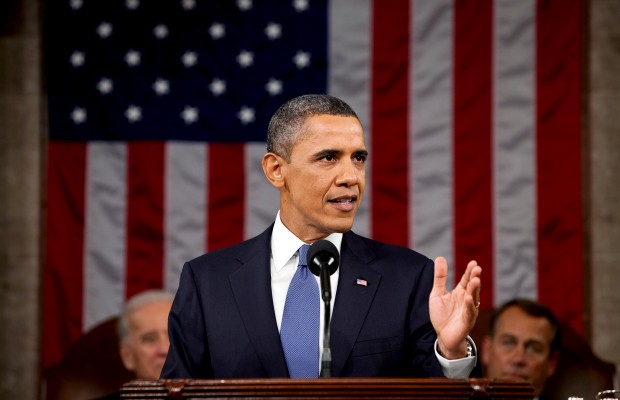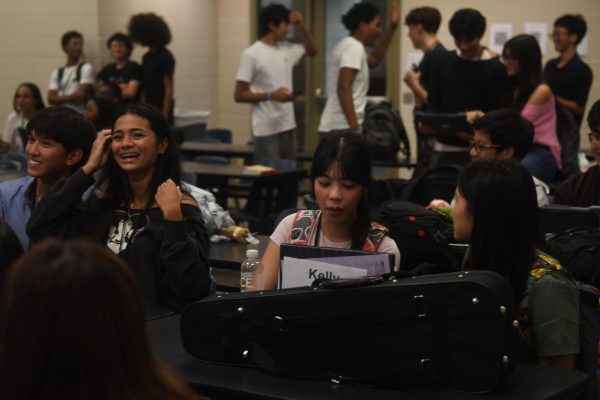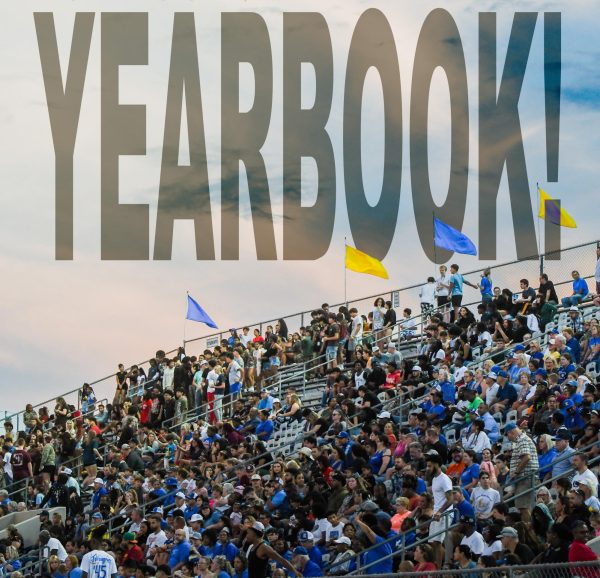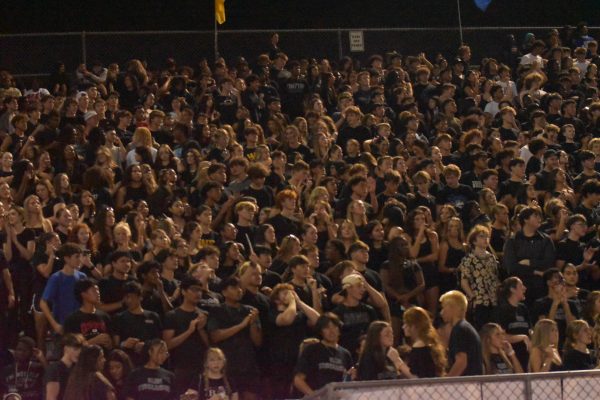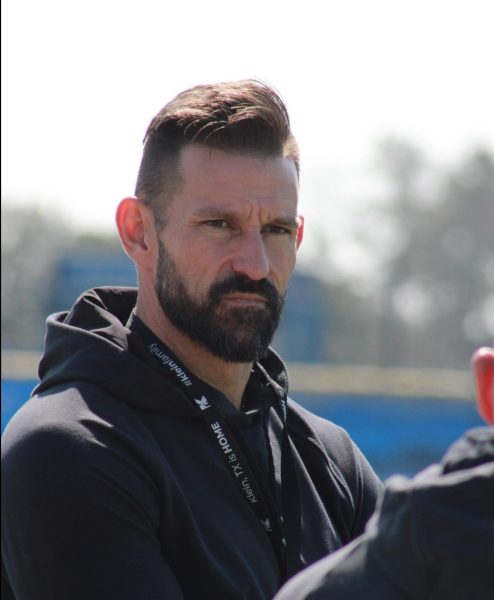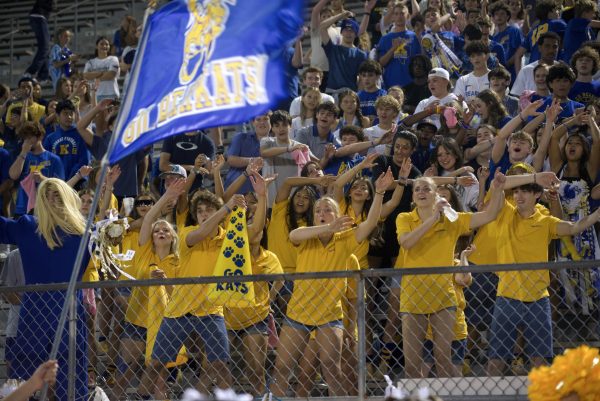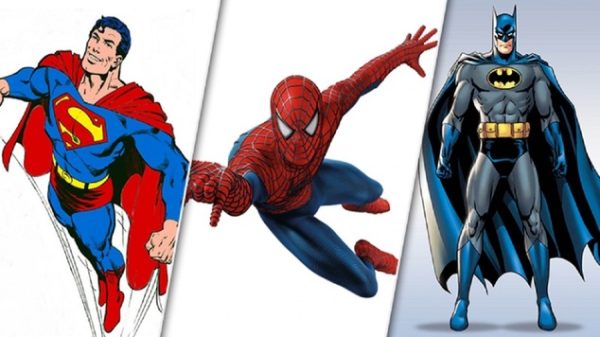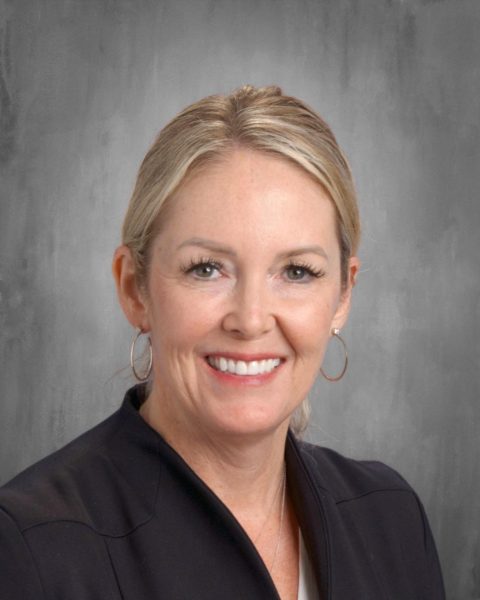State Of The Union: A Student’s Perspective
The annual State of the Union speech was given to Congress by President Barack Obama on Jan 20, in which he informed policy makers of the problems facing Americans today, such as a lack of economic opportunity and rustic immigration laws. He first began, however, by reminding those in attendance of the notable progress the United States has made in recent years economically and socially.
“Tonight, after a breakthrough year for America, our economy is growing and creating jobs at the fastest pace since 1999,” he said as per the speech transcript provided by CNN. Our unemployment rate is now lower than it was before the financial crisis. More of our kids are graduating than ever before; more of our people are insured than ever before; we are as free from the grip of foreign oil as we’ve been in almost 30 years.”
This was one of the few moments during the entire speech in which bipartisanship was displayed, for both Republicans and Democrats stood in support of the President. Of course, economic improvement is an across-the-aisle political success in Washington, though how to go about achieving this success often sparks heated debate. This was shown as Obama laid out his plan for continued economic growth, which includes what he has described as “middle class economics.” The style of economics alluded to with this term includes an increase in taxation upon the wealthy, decreases in taxation upon middle and lower class Americans, and strong regulation on both Wall Street and the banking sectors which ultimately led to the economic recession of 2008.
Despite a predictable flow of protest from conservative politicians, policies such as these have been effective, displayed somewhat esoterically by the improved quality of life within the United States today in contrast to 2008, and more clearly in the lowered prices of commodities like oil and the massive improvement within the housing market. The conclusion that can be made from these results is that America inherently becomes stronger as policies in Washington begin to become oriented around the middle class instead of big businesses, which have proven to be unreliable and even harmful to the country’s health time and time again, as Obama alluded to during his speech.
“So the verdict is clear. Middle class economics works. Expanding opportunity works. And these policies will continue to work, as long as politics don’t get in the way,” he said.
This statement, naturally, rallied applause from Democrats and silence from Republicans – an eerie reminder of the partisanship which led to the 16 day government shutdown in 2013. Obama did not relent in his ideals, however, as he spoke in favor of free community college nationally, improved and affordable child care, reformed immigration laws, and in probably his most controversial demand thus far, asked for an increased minimum wage, issuing Congress the following challenge:
“And to everyone in this Congress who still refuses to raise the minimum wage, I say this: If you truly believe you could work full-time and support a family on less than $15,000 a year, go try it. If not, vote to give millions of the hardest-working people in America a raise.”
Economic debate aside, the United States has fallen embarrassingly far behind Europe in areas such as education, immigration, equal pay for women, and the protection of human rights such as the right to healthcare and the right to walk down a street without being harassed by police officers, a difficult task today for those of any minority group. These issues were not forgotten by Obama, who attempted to appeal to the basic decency of members of both parties in his request for legislation which would tackle these problems.
“I want future generations to know that we are a people who see our differences as a great gift, that we are a people who value the dignity and worth of every citizen — man and woman, young and old, black and white, Latino and Asian, immigrant and Native American, gay and straight, Americans with mental illness or physical disability,” he said. “I want them to grow up in a country that shows the world what we still know to be true: that we are still more than a collection of red states and blue states; that we are the United States of America.”
The night ended as Obama spoke of the unity which he described during his two presidential campaigns. He painted a picture of a strong, united America, where people of all ethnicities, classes, sexual orientations and political beliefs worked together in benefit of the whole nation instead of a handful of wealthy elites. He reaffirmed his hope for a brighter future and his commitment to working with all members of Congress and Americans nationwide to get the job done. Though this year has been defined by racial, gender, and income inequality, Obama plans to end his final year in office having made the lives of American citizens better with the help of his constituents in Congress.
“My fellow Americans, we too are a strong, tight-knit family,” he said. ”We, too, have made it through some hard times. Fifteen years into this new century, we have picked ourselves up, dusted ourselves off, and begun again the work of remaking America. We’ve laid a new foundation. A brighter future is ours to write. Let’s begin this new chapter — together — and let’s start the work right now.”
Your donation will support the student journalists of Klein High School. Your contribution will allow us to purchase equipment and cover our annual website hosting costs.


